Terrance Dean challenged us to think about one of 'America's original sins'| Robinson
Amelia Robinson is the Columbus Dispatch's opinion and community engagement editor.
They say you can tell a lot about how a person lived by the way people talk about them when they are gone.
That's certainly true when it comes to Terrance Dean, a beloved Denison University Religion and African American Diaspora Studies professor, author, artistic mind and community member on the Columbus Dispatch Editorial Board.
More:Denison professor, Dispatch editorial board member Terrance Dean - ex-MTV exec - dead at 53
The contributions the former MTV executive, book author and a prolific writer made to the world also shine through in the voices he elevated before his death last month here in Columbus following an illness.
More:Opinion: There is an 'uncomfortable' truth behind Critical Race Theory some want to silence
The Vanderbilt University graduate and Columbus Museum of Arts Aminah Robinson Scholar in Residence wrote occasional columns , influenced viewed expressed in the opinion section and co-hosted the "In Black and White" podcast series with Scot Kirk.
In Black and White podcast: Ohio State vice provost makes Black men's success his mission
More than that, Dean spotlighted people — particularly those from marginalized communities — as part of the series, encouraging them to write columns that helped define the terms and concepts key to conversations around systemic racism.
Subjects such as red-lining, health inequality and the adultification of Black girls — byproducts of slavery, one of America's original sins — are neither easy to write about, read about or face, but Dean help local scholars, thinkers and doers communicate why these topics must be discussed.
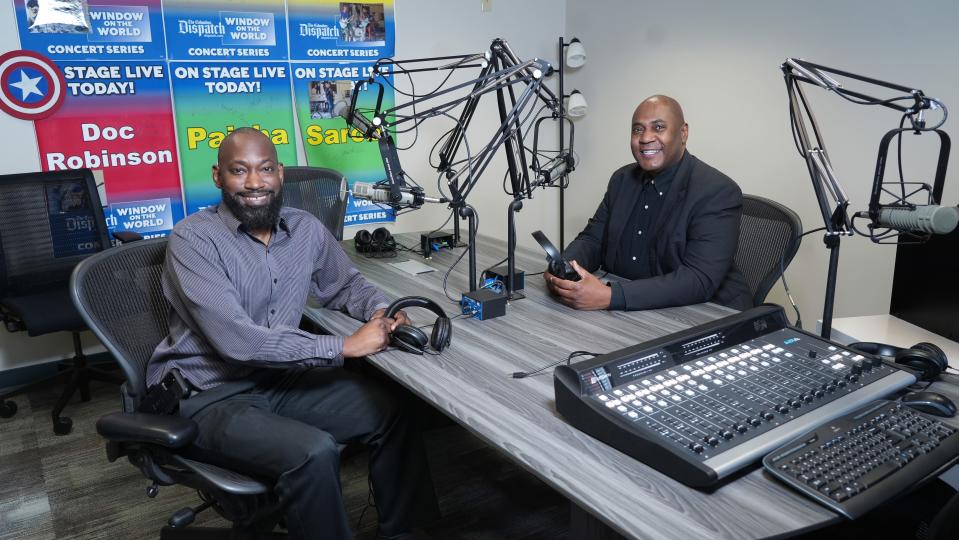
His soul shined through the thoughts he helped bring to the table. Dean cared about the community and pushed for social change in his life and work.
His roots here ran deep as Alan Miller, the Dispatch's former editor, explained in a 2020 column.
“My great grandmother, Nina Feltcher, fled Georgia and Jim Crow South, making her way to Columbus,” he said. “She would marry and raise her children in this city. My grandmother, Opre Fletcher, was born in March 1920 in Columbus. That is 100 hundred years of lineage to the city.”
Below are excerpts from a selection of the columns Dean curated for the Black and White series. Full podcast episodes and additional columns can be found on Dispatch.com and at http://bit.ly/DispatchInBlackandWhite.
Marcelius Braxton: 'Reform won't work without perception change'
January 21, 2021
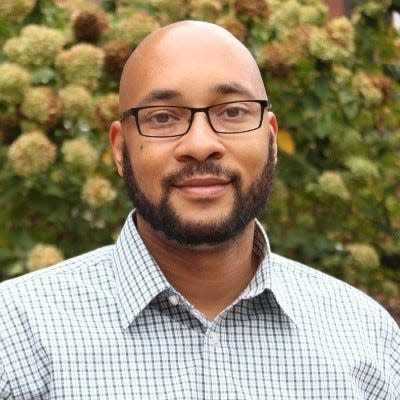
"If our society views Black people as dangerous from the time they are children and believes Black men are more capable of causing harm and thus more “deserving” of police force and harm, then police reform alone will not solve the problem."
Marcelius Braxton:Column: Police reform isn't enough when people see Blacks as dangerous
Karen Powell Sears: 'Learning about racism, white privilege can make us better'
October 24, 2020
"When I give talks about systemic racism and white privilege, my intention is to promote equity, never hate. When I teach students and others about restrictive covenants and other elements of systemic racism, people often comment on never having learned this in their local schools. They are not happy about their ignorance.
People like gaining knowledge, even when knowing feels uncomfortable. For many Americans, the idea that millions of families could be, and have been, legally denied the opportunity to build wealth for their children and grandchildren because of the color of their skin is wrong.
Karen Powell Sears:Learning about racism, white privilege can make us better
Most people can imagine the pain of being denied access and dignity. Imagining the pain of others is a form of empathy and often leads to compassion, not hate. Eradicating racial injustices will require compassionate and informed people to create solutions. Teaching about our nation’s errors can help forge a path of correction."
Trevon Logan: 'Racist policies laid pattern for inequalities'
December 31, 2020
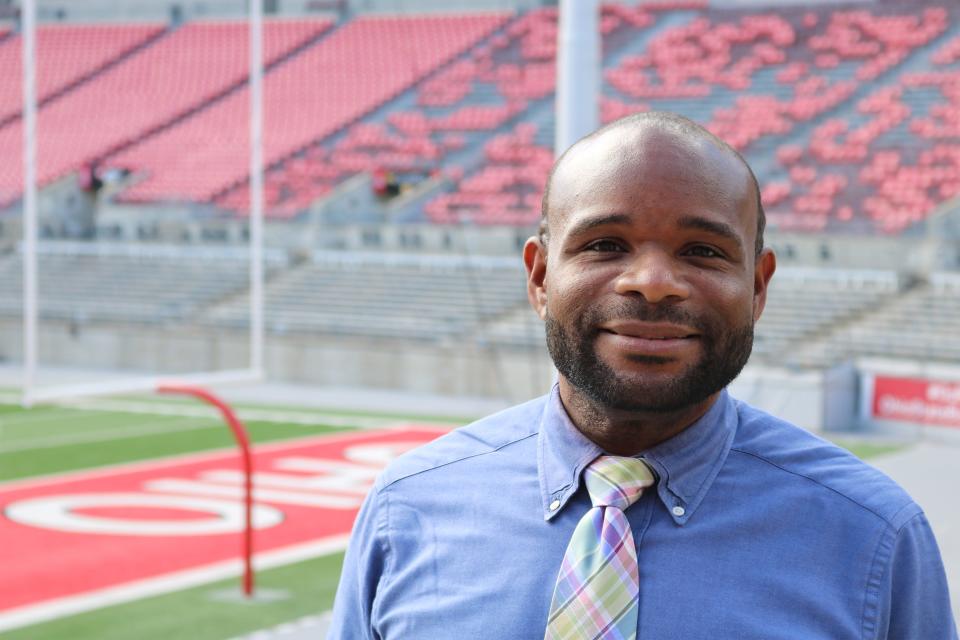
"The racial composition of a neighborhood was an explicit determinant of the (Home Owners Loan Corporation) grade assigned to it. In fact, while some have looked to the maps as the beginning of redlining neighborhoods, new research shows that the lines likely were drawn over existing segregation patterns that intensified over time.
That pre-redlining zoning was enforced by banks, which considered neighborhoods with too many Black people to be hazardous to property values, and by those explicit covenants (which were still legal at the time) that restricted who could buy homes in particular communities.
Trevon Logan: Racist policies of old laid pattern for inequities of today
In central Ohio today those A-grade neighborhoods from the HOLC are still the most desirable and expensive and some of the whitest, including areas like Bexley and Upper Arlington. The high-risk neighborhoods are those experiencing gentrification today, such as Olde Towne East and the West Side."
Jean-Philippe Dorval: 'Negotiating Blackness an exhausting burden'
May 16, 2021
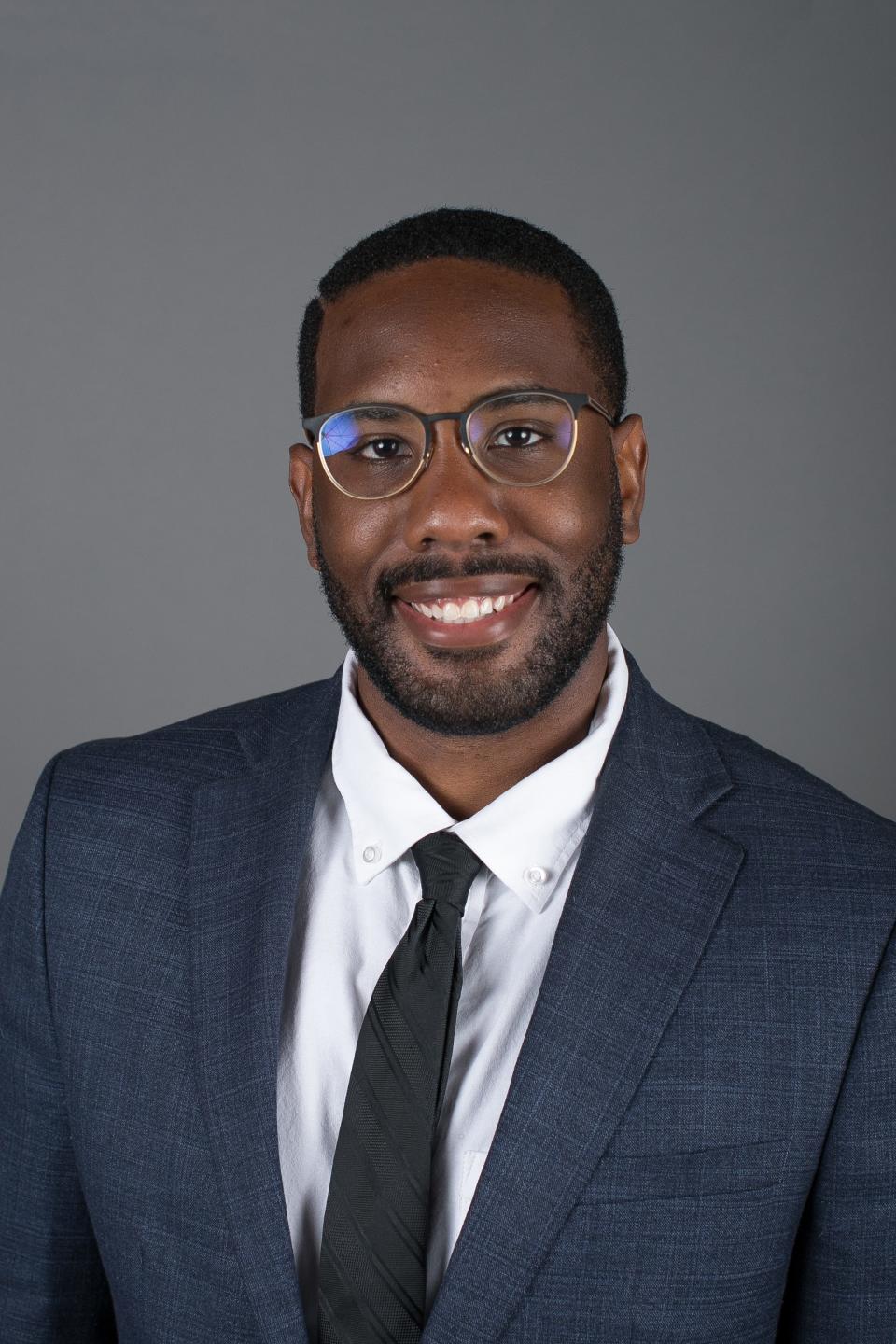
"It was not until I left my hometown for college that I realized how all of that changed me, and how much I had to learn when it came to what it means to be Black in America: Your life is in danger wherever you are, and you are being "othered" wherever you go.
Jean-Philippe Dorval:'Negotiating Blackness' an exhausting mental burden that every Black person carries
Today, I have grown a lot. Thanks to my current professional and personal relationships, I continue to do the necessary work, internally and externally, for me to fight the unhealthy practice of negotiating my Blackness. I educate myself on Black history. I engage in conversations about my experience and remain authentic to myself in all my social circles even if it means addressing microaggressions that come my way.
Though my knowledge and awareness have increased tremendously, and conversations about race and inclusivity are becoming more popular, I still struggle."
Erin Upchurch and Karen Hewitt: 'Safe environment needed for Black transgender youth'
February 25, 2021
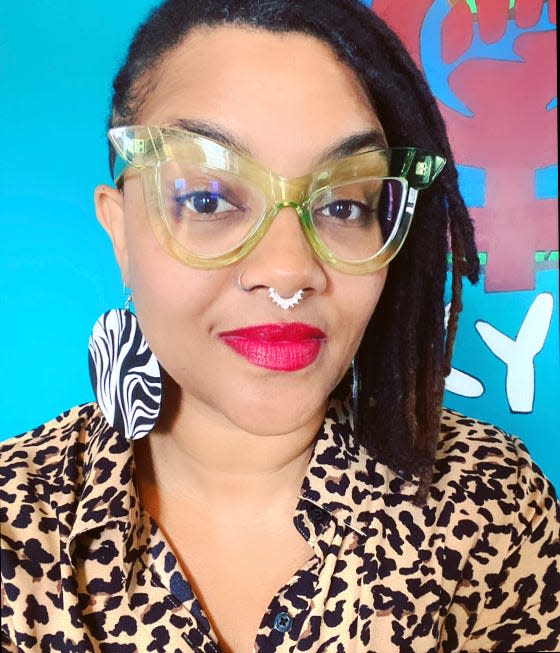
"Under-resourced schools that fail to adequately serve Black youth and other youth of color, as well as enhanced police presence and surveillance in majority-Black schools, help to funnel Black youth out of public schools and into the juvenile and criminal justice systems, commonly known as the school-to-prison pipeline.
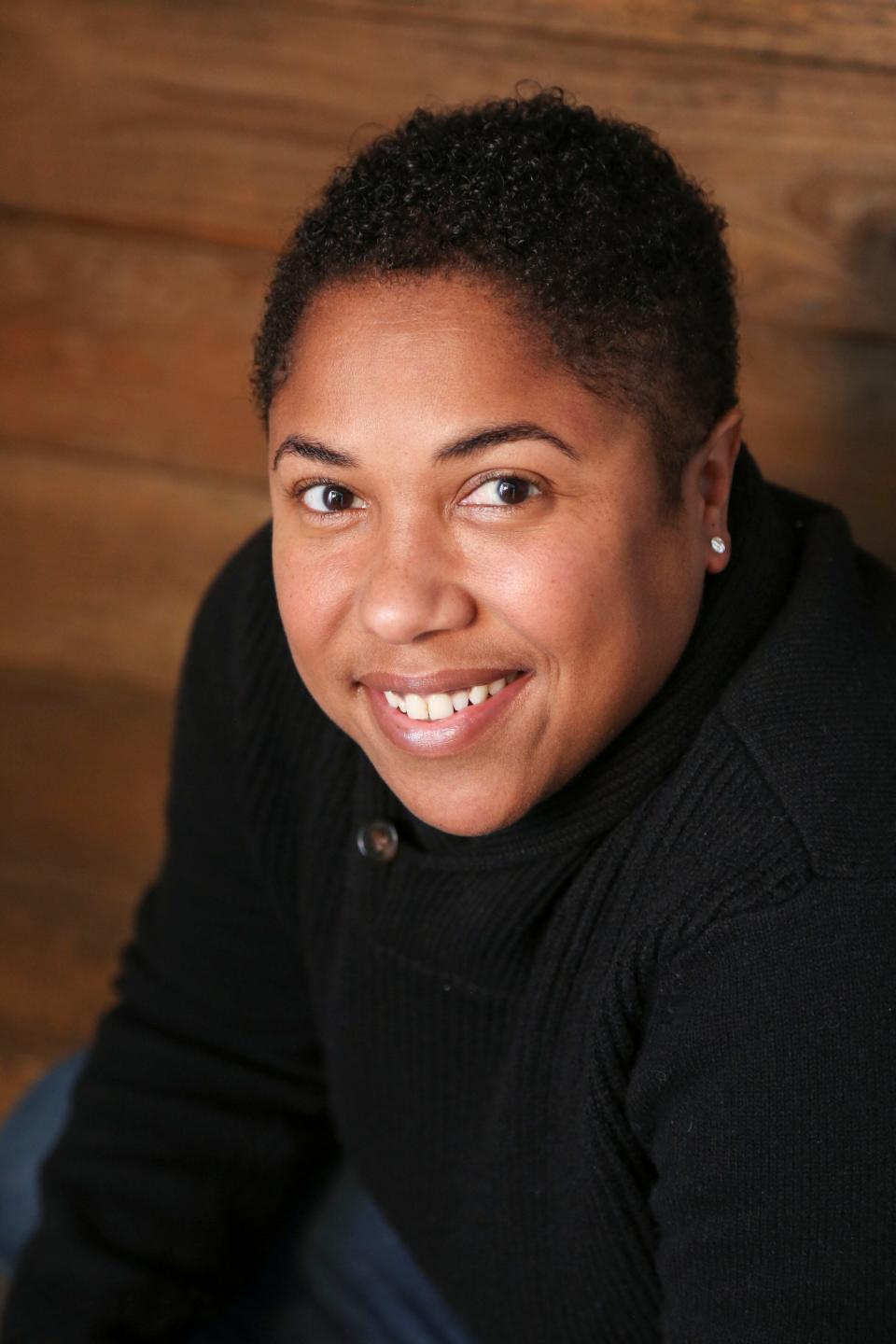
Experiences of racism, homophobia, and transphobia in U.S. schools are prevalent among LGBTQIA+ youth of color. In the study Erasure and Resilience: The Experiences of LGBTQ Youth of Color, researchers show that Black LGBTQ students have unique school experiences, at the intersection of their various identities, including race, gender and sexual orientation.
For example, more than 51% of Black LGBTQ students feel unsafe at school because of their sexual orientation, 40.2% because of their gender expression and 30.6% because of their race or ethnicity."
Erin Upchurch and Karen Hewitt: Safe environment needed for Black transgender youth
Kyle Strickland: 'Achieving racial equity means confronting systems of power'
February 6, 2021
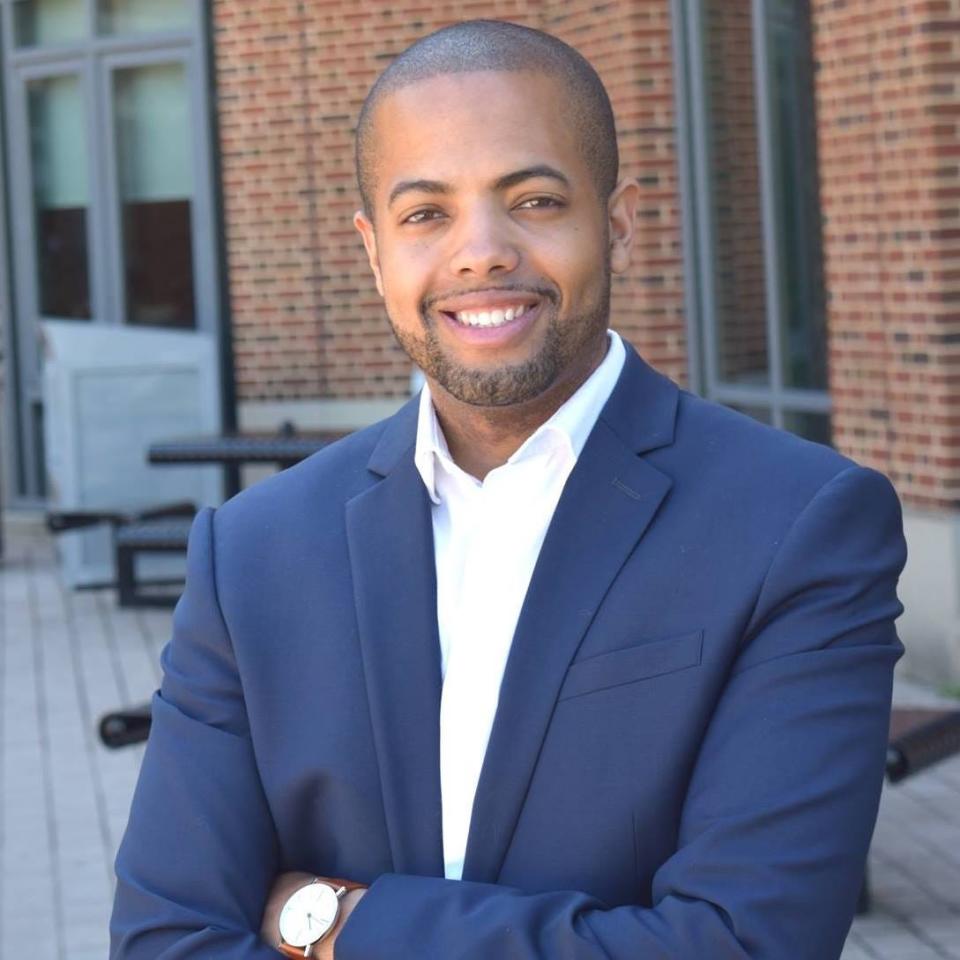
"The racial disparities and inequality that we see today are linked to our country’s legacy of slavery, white supremacy and systemic racism – the compounding harms of racist and discriminatory laws, policies and norms that create and maintain power for white society at the exclusion and exploitation of Black people and other marginalized groups. Reckoning with this legacy requires an understanding that racial inequality is the result of unequal structures and systems, not cultural deficits or a lack of personal responsibility."
Kyle Strickland: Achieving racial equity requires confronting systems of power
Amelia Robinson is the Columbus Dispatch's opinion and community engagement editor.
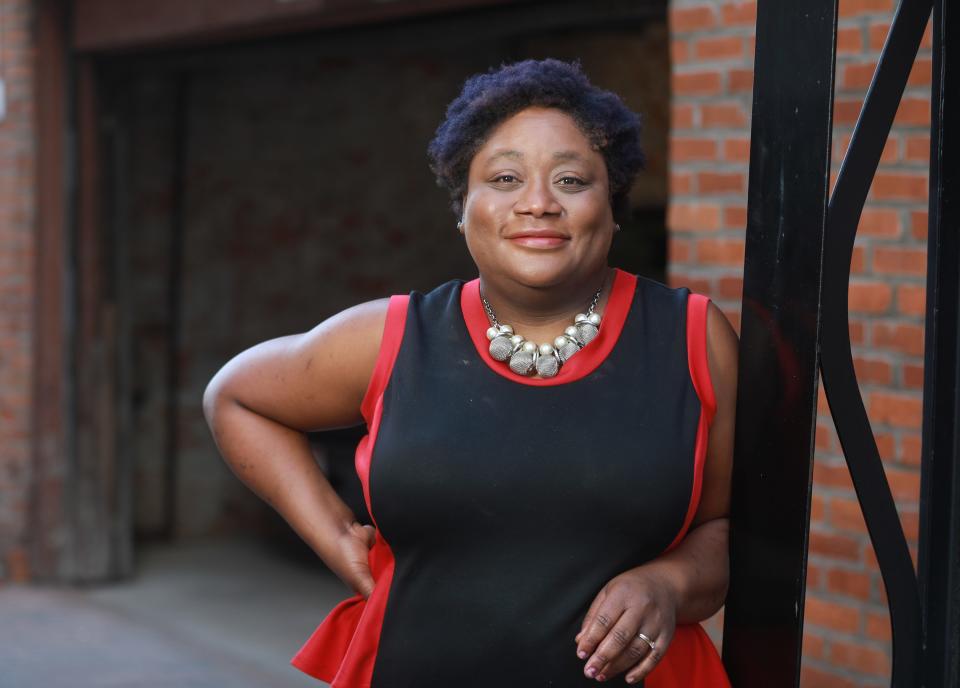
This article originally appeared on The Columbus Dispatch: What is the legacy of the late Terrance Dean, Denison Professor, writer?

